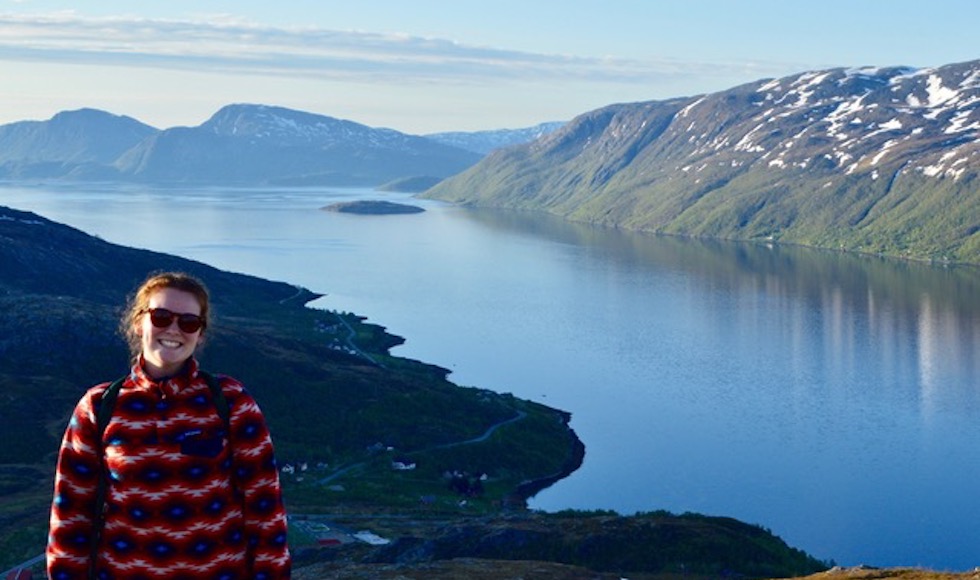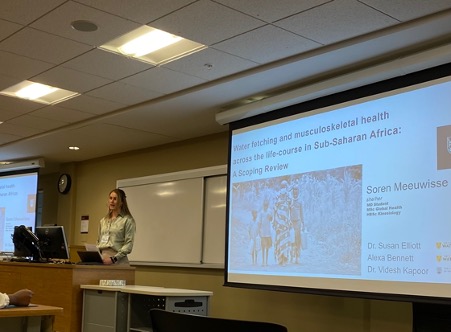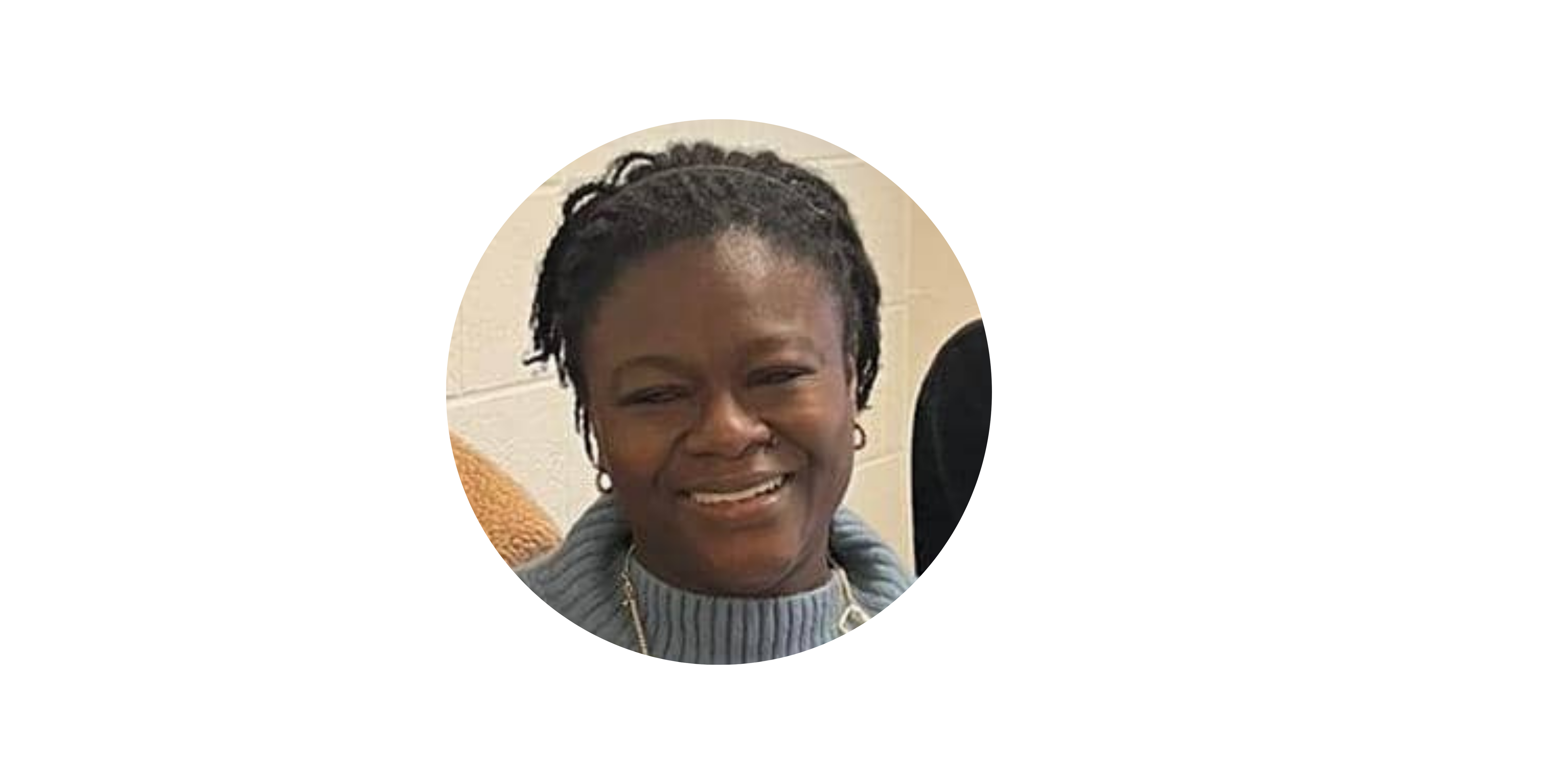Field practicum in Norway highlights the necessity of experiential learning in global health

Experiential learning is at the core of the MSc Global Health program’s curriculum, providing students with a unique opportunity to put their knowledge into action. Elizabeth Wallace is realizing why this hands-on learning experience is not only valuable, but essential for her future career in the global health field. The soon-to-be graduate recently returned to Norway, where she spent the winter term on exchange at the University of South-Eastern Norway.
This time, for the fieldwork component of the program, she is working as a research assistant and visiting scholar at the Centre for Women and Gender Research, in conjunction with the K.G. Jebsen Centre for the Law of the Sea, at the Arctic University of Norway (UiT).
“Environmental health is my biggest interest, specifically in northern and Arctic communities, so being in the Arctic is, to me, the best way to really get an immersion experience” explains Wallace. “Climate change and environmental degradation are big topics right now as many of us know, and they’re inextricably linked to human health.”
Wallace sees McMaster’s partnership with institutions in Norway as necessary in an effort to promote health equity in Arctic regions and achieve the UN’s Sustainable Development Goals. “We need to understand what’s happening in the Arctic, and we need to work directly with the communities that are most deeply affected by global health issues,” she says.
Since May, Wallace has been living in Tromsø, a city located in Troms county in the north of Norway, and also in the Arctic circle. Her work involves exploring the relationship between climate change, gender, and mental health in Indigenous circumpolar populations, and considers the overarching influence of globalization and governance in this dynamic.
Through her experience in Norway as an exchange student, and her time so far as a research assistant, Wallace has become aware of both similarities and differences between Norway and Canada with respect to the health challenges facing Indigenous populations specifically. “Loss of traditional ways of life from a shared history of colonization and assimilation policies are similar, while there are more differences in the way mental and physical health challenges arise from the effects of this,” she explains.
Originally from Antigonish, Nova Scotia, Wallace gained a BSc in Human Kinetics with a minor in Biology at St. Francis Xavier (StFX) University before joining the Global Health program. She cites the desire to create meaningful, positive change as the reason she decided to pursue global health.
“For my undergraduate thesis, I conducted research in mitochondrial bioenergetics and the target populations that my research impacted were quite privileged – mostly athletes – and while I really enjoyed that research I wanted to focus on health inequities and underserved populations, not only in Canada but around the world,” she says.
Looking to the future, Wallace says she’s certain of one thing: more school is in the cards for her. She’s been accepted to the McKenna Centre for Leadership Fellowship program through StFX, which includes an 8-month internship with the federal government. After that, she plans on pursuing a career in research, public policy, or a clinical profession – or a combination of all three. Wherever she ends up, she hopes to continue focusing on environmental health and the communities struggling most to adapt to environmental changes that are threatening their well-being and ways of living.
Student and Alumni ProfilesRelated News
News Listing

A Journey from Research to Advocacy: Global Health Alumna’s Impact on Health Equity
Student and Alumni Profiles
October 17, 2024

“My work does not only come from a place of intellectual curiosity, but also shared grief”: Dr. Zoha Salam’s Journey as the Second Global Health Doctoral Program Graduate
Global Health News, Student and Alumni Profiles
June 20, 2024

PhD Student Tackling Intimate Partner Violence in Resource-Constrained Settings Receives an IDRC Doctoral Research Award
Student and Alumni Profiles
February 28, 2024
